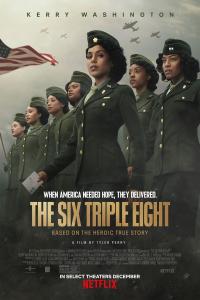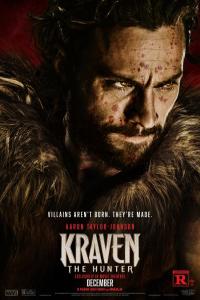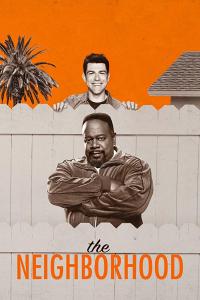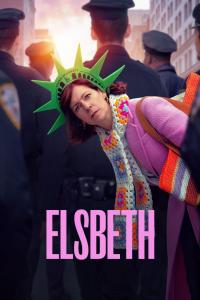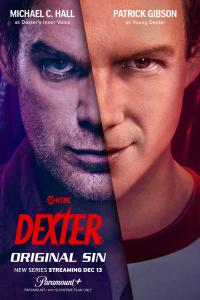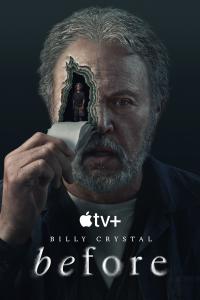Torrent details for "Journey - Greatest Hits (1990) 320 vtwin88cube" Log in to bookmark
Controls:
Language:
 English
EnglishTotal Size:
146.76 MB
Info Hash:
44d002388872e06d9f6a374209250f861d47e698
Added By:
Added:
12-04-2019 08:50
Views:
2,325
Health:

Seeds:
18
Leechers:
2
Completed:
8,047
Name
DL
Uploader
Size
S/L
Added
153.25 MB
4,750
[30/1]
03/02/24 18:43
| Uploaded by pmedia | Size 153.25 MB | Health [30/1] | Added 03/02/24 18:43 |
-
2.38 GB
1,214
[9/0]
01/09/21 09:00
| Uploaded by vtwin88cube | Size 2.38 GB | Health [9/0] | Added 01/09/21 09:00 |
Journey
Greatest Hits (1990)
Track list:
01.Only The Young
02.Don't Stop Believin'
03.Wheel In The Sky
04.Faithfully
05.I'll Be Alright Without You
06.Any Way You Want It
07.Ask The Lonely
08.Who's Crying Now
09.Separate Ways (Worlds Apart)
10.Lights
11.Lovin' Touchin' Squeezin'
12.Open Arms
13.Girl Can't Help It
14.Send Her My Love
15.Be Good To Yourself
Thanks 4 Seeding!
Cheers!
88
Greatest Hits (1990)
Mp3 16bit-44kHz Constant Bit Rate 320 kbpsQuote:
allmusic.com...
During their initial 14 years of existence (1973-1987), Journey altered their musical approach and their personnel extensively while becoming a top touring and recording band. The only constant factor was guitarist Neal Schon (born February 27, 1954), a music prodigy who had been a member of Santana in 1971-1972. The original unit, which was named in a contest on KSAN-FM in San Francisco, featured Schon, bassist Ross Valory, drummer Prairie Prince (replaced by Aynsley Dunbar), and guitarist George Tickner (who left after the first album). Another former Santana member, keyboard player and singer Gregg Rolie, joined shortly afterward. This lineup recorded Journey (1975), the first of three moderate-selling jazz-rock albums given over largely to instrumentals.
By 1977, however, the group decided it needed a strong vocalist/frontman and hired Steve Perry (born January 22, 1949). The results were immediately felt on the fourth album, Infinity (1978), which sold a million copies within a year. (By this time, Dunbar had been replaced by Steve Smith.) Evolution (1979) was similarly successful, as was Departure (after which Rolie was replaced by Jonathan Cain). Following a live album, Captured (1981), Journey released Escape, which broke them through to the top ranks of pop groups by scoring three Top Ten hit singles, all ballads highlighting Perry's smooth tenor: "Who's Crying Now," "Don't Stop Believin'," and "Open Arms." The album topped the charts and sold millions. Frontiers (1983), featuring the hit "Separate Ways," was another big success, after which Perry released a double-platinum solo album, Street Talk (1984). When the group got back together to make a new album, Valory and Smith were no longer in the lineup and Raised on Radio (1986) was made by Schon, Perry, and Cain, who added other musicians for a tour.
Track list:
01.Only The Young
02.Don't Stop Believin'
03.Wheel In The Sky
04.Faithfully
05.I'll Be Alright Without You
06.Any Way You Want It
07.Ask The Lonely
08.Who's Crying Now
09.Separate Ways (Worlds Apart)
10.Lights
11.Lovin' Touchin' Squeezin'
12.Open Arms
13.Girl Can't Help It
14.Send Her My Love
15.Be Good To Yourself
Thanks 4 Seeding!
Cheers!
88




